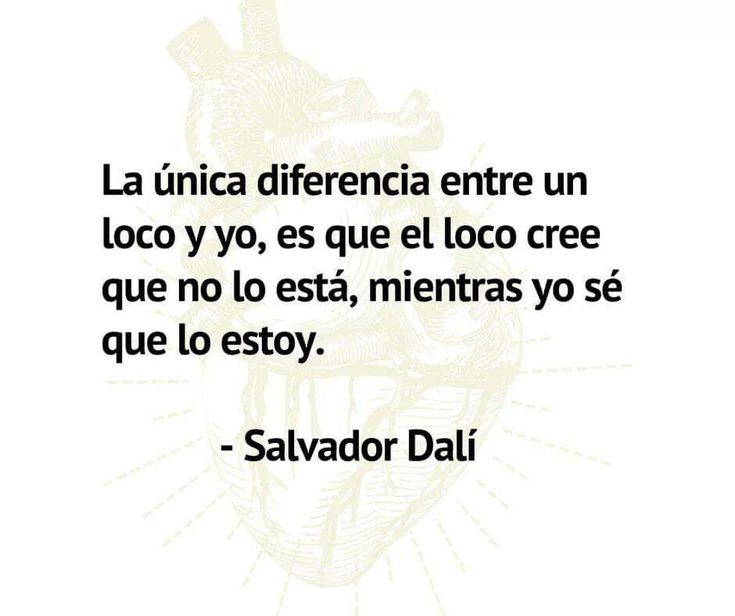Understanding the Distinction Between a Boss and a Leader
In today’s fast-paced corporate environment, the concept of leadership has evolved. While some might confuse leadership with merely being in charge, it’s essential to recognize that there is a significant difference in the roles and approaches of a boss versus a leader. This distinction is not just a matter of semantics—it is a crucial factor that can determine the success or failure of an organization. As we delve into the subject, it’s important to grasp that “La diferencia entre un jefe y un líder – Mi Futuro Empleo” is more than just a phrase; it represents a fundamental shift in managing and guiding teams towards a shared goal.
What Is a Leader and What Are Their Characteristics?
Characteristics of an Inspirational Leader
Leaders are visionaries who motivate and inspire their team to reach new heights. Unlike bosses, they don’t rely solely on their authority but rather on their ability to influence and guide. A leader’s characteristics include:
- Empathy: Understanding the needs and feelings of others.
- Effective communication: Clearly articulating their vision and expectations.
- Integrity: Being honest and fair in all their dealings.
- Ability to delegate: Trusting their team with responsibilities.
- Inspiration: Encouraging creativity and innovation.
What Is a Boss and What Are Their Characteristics?
Defining a Boss in the Workplace
In contrast to leaders, bosses often maintain a traditional hierarchical approach. They may be seen as authoritative figures who tend to command and control, focusing on tasks and outcomes rather than people. Characteristics of a boss include:
- Emphasis on control: Keeping a tight rein on all aspects of work.
- Directive communication: Telling employees what to do without seeking input.
- Result-oriented: Measuring success by outcomes rather than team growth.
- Micromanagement: Reluctance to delegate significant responsibilities.
- Avoidance of risk: Sticking to established methods and practices.
What Are the Differences Between a Boss and a Leader?
Key Distinctions in Leadership Versus Management
The key differences between a boss and a leader can significantly impact team morale and productivity. A boss may enforce rules and expect obedience, while a leader will foster an environment of trust and encourage collaboration. Leaders see the big picture and strategize for long-term success, whereas bosses might focus on short-term objectives. The power dynamics also differ; bosses command, leaders persuade.
 Hire Remote Accounting VAs in Latin America
Hire Remote Accounting VAs in Latin America
What Are the Common Points Between Bosses and Leaders?
Finding Common Ground in Management and Leadership
Despite their differences, both bosses and leaders share common goals—the success of their team and their organization. They are responsible for making decisions, setting targets, and ensuring that the work gets done. Both roles require a certain level of professional competence and the ability to handle responsibility effectively.
How to Be a Good Leader at Work?
Embracing Effective Leadership Qualities
Becoming a good leader is a journey that involves continuous learning and adaptation. It requires building strong relationships with your team, understanding their strengths and weaknesses, and guiding them to achieve their full potential. Good leaders invest in their personal development and are open to feedback and new ideas.
Leader Vs. Manager: Which Is the Better Option for Your Team?
Choosing Between Leadership and Management
The choice between being a leader and a manager depends on individual skills, team needs, and organizational culture. While managers focus on administering and maintaining efficiency, leaders prioritize innovation and adaptability. In many cases, a balance of both leadership and management qualities is necessary for a team’s success.
Related Questions on the Difference Between a Boss and a Leader
 Kitchen Assistant at CocinArte – My Future Job
Kitchen Assistant at CocinArte – My Future JobExploring Related Queries on Workplace Dynamics
What Is the Difference Between a Boss and a Leader at Work?
A boss typically enforces rules and manages their team, while a leader inspires and guides. A leader’s influence stems from their ability to connect with people, whereas a boss’s authority is often linked to their position within the organization.

What Are the 10 Differences Between a Boss and a Leader?
The differences range from their approach to decision-making to how they interact with their team. For instance, a boss might say “I” when discussing achievements, but a leader would say “we.” Other differences include their approach to risk, innovation, and how they handle mistakes.
How Should the Leader of the Future Be?
The future leader should be adaptable, constantly learning, and able to thrive in a rapidly changing environment. They should also prioritize sustainability and have a global perspective, valuing diversity and inclusion within their teams.
Who Has More Power, a Boss or a Leader?
While a boss has positional power, a leader has influential power. Influential power can often be more effective as it fosters an environment where team members are self-motivated and engaged. Leaders empower others, which can lead to a more dynamic and innovative workplace.
Now, let’s take a moment to watch a video that further explores these concepts:

 From LATAM to Remote USA: crafting a resume that opens doors
From LATAM to Remote USA: crafting a resume that opens doorsIn conclusion, the distinction between a boss and a leader is essential for any professional to understand. Leaders inspire and empower their teams, leading to greater innovation and success for the organization. Recognizing “La diferencia entre un jefe y un líder – Mi Futuro Empleo” is not just critical for personal career development but also for the future of effective team management and organizational growth.











